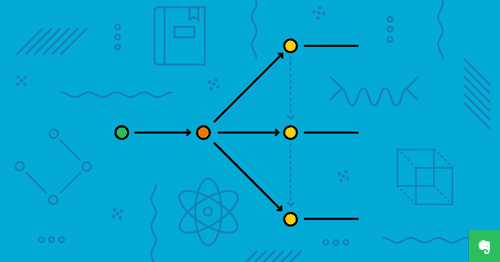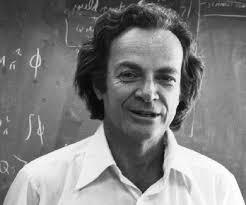Learning From the Feynman Technique
Curated from: medium.com
Ideas, facts & insights covering these topics:
5 ideas
·35.6K reads
97
Explore the World's Best Ideas
Join today and uncover 100+ curated journeys from 50+ topics. Unlock access to our mobile app with extensive features.
Richard Feynman (1918–1988) "The Great Explainer”
He is considered to be one of the most important physicists of all time.
Feynman was brilliant, eloquent, and an exquisitely passionate thinker who stands unequivocally for his ability to synthesize and explain complex scientific knowledge.1.68K
11.3K reads
The Feynman Technique
The Feynman technique for teaching and communication is a mental model (a breakdown of his personal thought process) to convey information using to the point thoughts and simple language.
Feynman started to record and connect the things he did know with those he did not know, resulting in a thorough notebook of subjects that had been disassembled, translated, and recorded.
We can use this same model to learn new concepts.
1.75K
5.99K reads
How the Feynman technique works
1. Identify the subject. Write down everything you know about the topic. Each time you run into new sources of information, add them to the note.
2. Teach it to a child. Write plain and simple so even a child can understand what you're talking about.3. Identify your knowledge gaps. What are you missing? What don’t you know?
4. Organize + simplify + Tell a story. Piece together your notes and begin to spin a tale using concise and simple explanations.
2.96K
7.05K reads
Multi-disciplinary approach to learning
“I wanted very much to learn to draw, for a reason that I kept to myself: I wanted to convey an emotion I have about the beauty of the world. It’s difficult to describe because it’s an emotion. … It’s a feeling of awe — of scientific awe — which I felt could be communicated through a drawing to someone who had also had that emotion. I could remind him, for a moment, of this feeling about the glories of the universe.”
— Feynman discussing the intersection of art and science.
1.72K
5.81K reads
IDEAS CURATED BY
Adeeb Schultz's ideas are part of this journey:
Learn more about personaldevelopment with this collection
Ways to improve productivity
Strategies for reducing stress
Tips for managing email overload
Related collections
Similar ideas
3 ideas
The Feynman Technique: How to Learn Anything Quickly
blog.doist.com
7 ideas
5 ideas
Boost Your Learning with Feynman Technique
productive.fish
Read & Learn
20x Faster
without
deepstash
with
deepstash
with
deepstash
Personalized microlearning
—
100+ Learning Journeys
—
Access to 200,000+ ideas
—
Access to the mobile app
—
Unlimited idea saving
—
—
Unlimited history
—
—
Unlimited listening to ideas
—
—
Downloading & offline access
—
—
Supercharge your mind with one idea per day
Enter your email and spend 1 minute every day to learn something new.
I agree to receive email updates



